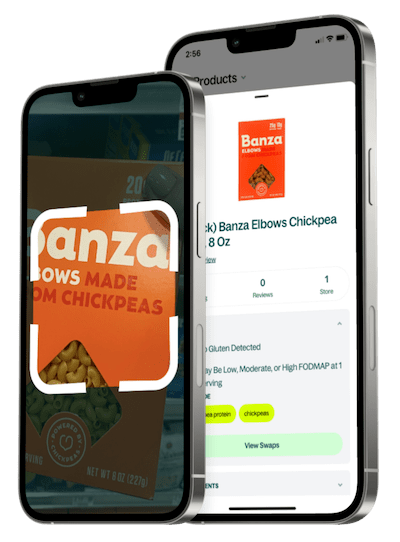Is Similac NeoSure Infant Formula Powder Dairy Free?


Ingredients
Nonfat Milk, Corn Syrup Solids, Lactose, Soy Oil, High Oleic Safflower Oil, Whey Protein Concentrate, Medium Chain Triglycerides, Coconut Oil, Less Than 2% of: C. Cohnii Oil, M. Alpina Oil, Beta-Carotene, Lutein, Potassium Citrate, Calcium Phosphate, Inositol, Ascorbic Acid, Magnesium Chloride, Soy Lecithin, Calcium Carbonate, Taurine, Ferrous Sulfate, Choline Bitartrate, Choline Chloride, Ascorbyl Palmitate, L-Carnitine, Potassium Chloride, Salt, Zinc Sulfate, Mixed Tocopherols, D-Alpha-Tocopheryl Acetate, Sodium Citrate, Niacinamide, Potassium Phosphate, Calcium Pantothenate, Copper Sulfate, Vitamin A Palmitate, Thiamine Hydrochloride, Riboflavin, Pyridoxine Hydrochloride, Folic Acid, Manganese Sulfate, Phylloquinone, Biotin, Sodium Selenate, Vitamin D3, Vitamin B12, Potassium Hydroxide and Nucleotides (Adenosine 5'-Monophosphate, Cytidine 5'-Monophosphate, Disodium Guanosine-5'-Monophosphate, Disodium Uridine 5'-Monophosphate).
What is a Dairy Free diet?
A dairy-free diet eliminates all foods made from or containing milk and milk-derived ingredients, such as butter, cheese, yogurt, and cream. It's essential for people with lactose intolerance, milk allergies, or those who prefer plant-based alternatives. Common dairy substitutes include almond, soy, oat, and coconut-based milks and cheeses. While dairy is a major source of calcium and vitamin D, these nutrients can be replaced through fortified foods or supplements. Many people find going dairy-free helps reduce digestive issues, acne, or inflammation, but balance and proper nutrient intake remain key for long-term health.


